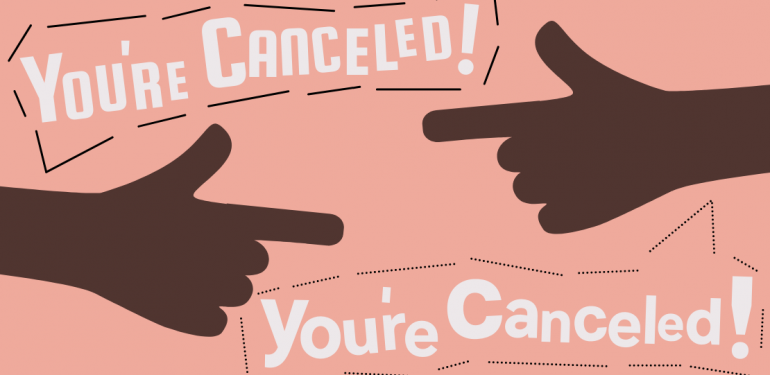Cancel Culture Is Real — Is Your Brand Prepared?
June 30, 2025

In today’s digital age, cancel culture is no longer something that only affects celebrities. Brands, big and small, are finding themselves in the crosshairs of online backlash—and the stakes are higher than ever. When the internet decides to “cancel” a brand, it moves fast, often leaving little time for careful PR planning or damage control.
Recently, two brands—Duolingo and Odd Muse London—offered clear lessons on how not to handle a cancellation crisis. Their missteps serve as cautionary tales for any brand navigating the tricky waters of public criticism.
Case Studies in How Not to Respond to Cancel Culture
Duolingo’s Silent Treatment
Duolingo, the popular language learning app, announced plans to replace human language experts with AI technology. This move sparked immediate backlash: users pledged to quit the app and launched review-bombing campaigns. Instead of addressing the concerns head-on, Duolingo deleted its TikTok videos and went silent—essentially disappearing from the conversation.
This silence sent the wrong message. To users, it looked like avoidance or, worse, indifference to their concerns. The result? Damage to trust and credibility that could have been mitigated with a thoughtful response.
Odd Muse London’s Defensive Fallout
Odd Muse London, an “ethical” fashion brand, faced criticism after it was revealed they had made false claims about the sustainability and climate impact of their fabrics. Rather than owning the mistake and transparently addressing the issue, the brand lashed out at critics, posted defensive videos, and even shared emotional outbursts on camera.
This reaction escalated the situation, turning accountability into spectacle. Instead of calming the waters, Odd Muse London fueled more negativity and confusion.
Why Crisis Strategy Is Critical
Whether you’re facing legitimate criticism or an online mob mentality, how your brand responds defines its future. The internet won’t wait for you to craft the perfect message, but it will remember how you handled the moment.
What Not to Do
-
Don’t delete content or go silent. This can look like guilt or indifference.
-
Don’t attack your critics. Responding defensively only fans the flames.
-
Don’t make it about you. Avoid turning accountability into a personal drama.
What To Do
-
Respond quickly and clearly. Even a simple message like “We hear you and are reviewing our practices” can go a long way.
-
Be transparent. Own the mistake, explain what you’re doing to fix it, and invite ongoing dialogue.
-
Stay brand-aligned. Lead with empathy and accountability rather than emotion or optics.
Takeaway: If Your Brand Got Called Out Tomorrow, What Would You Do?
In a world where online backlash can happen overnight, preparation is key. Having a clear crisis response plan that emphasizes transparency, empathy, and rapid communication can protect your brand’s reputation and even turn a negative into an opportunity for growth.
Are you ready to face the heat if your brand gets called out?
If not, now is the time to get your strategy in place.
If you want help crafting your brand’s crisis communication plan, reach out—we’re here to help you navigate even the toughest conversations with confidence. Schedule a Discovery Call with us today.
Join the Radiant list!
Get expert insights, fresh ideas, and our founder’s VIP
notes on brand growth sent straight to your inbox.

